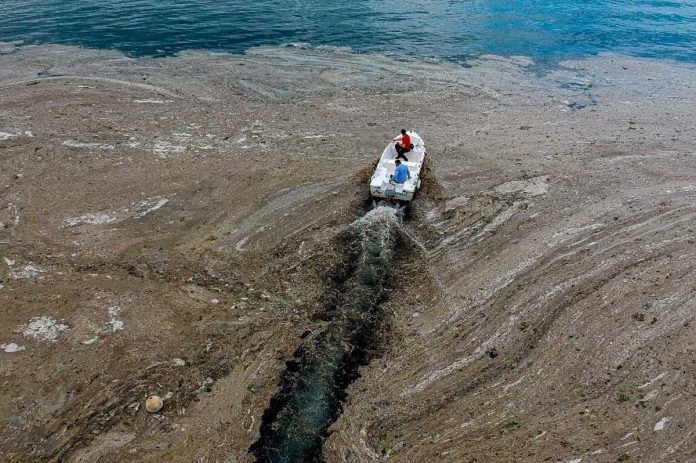People of Turkey and its neighbouring nations took an oath to do a better job about the threats of pollution that Mediterranean Sea has on people’s health and natural habitats.
From plastic waste to slimy mucilage formation, Mediterranean countries are suffering from a steady stream of environmental problems.
21 regional states of Turkey and neighbouring countries have agreed on a four-day gathering, which ended on Friday. In this gathering, the leaders decided upon banning the use of sulphur in fuel for ships.
The leaders have taken decision of reducing the usage of sulphur to 0.1 percent from 0.5 percent in the Mediterranean. The final result of the step will be submitted to the International Maritime Organisation.
The coordinator of the Mediterranean Action Plan, Tatjana Hema has said that, by reducing the usage of sulphur, we will be able to reduce the pollution coming from ships.
Experts also think that this decision will save many lives. The smoke-chugging from the ships also caused 60,000 premature deaths globally in a year. This also not only harm the sea but also cause air pollution.
Hema thinks that the cut in sulphur will have positive impacts on economy and health. The European Union has proposed the reduction of sulphur in fuel.
Mediterranean has the threats of most challenging environmental biodiversity. This has put a lot of pressure on the local government. Experts has also called Mediterranean as a hotspot for climate change.
There are also other issues such as ships colliding with marine mammals, also harm the biodiversity. Experts also said that authority needs to take action against “bycatch”, where turtles and sharks got trapped by chance in fishing nets. Noise pollution from ships is another problem that harms directly or indirectly 150 species.

